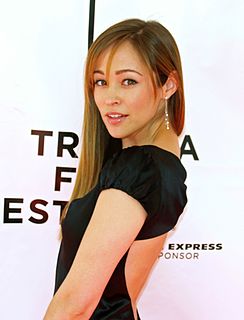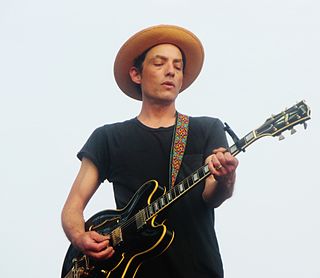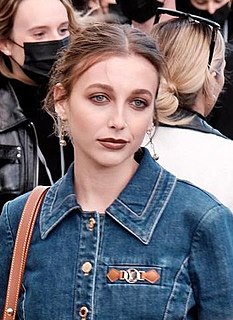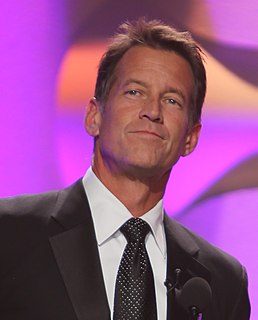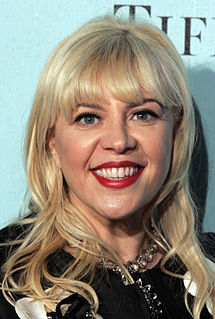A Quote by Autumn Reeser
I love to simplify and edit the contents of just about anything, but women's closets hold particular appeal to me. I edit mine about four times a year and hold a yearly 'clothing swap' to encourage my girlfriends to do the same.
Related Quotes
In TV, you are much more likely to see the episode closer to the script as written - in terms of the order of the scenes - than you would in a movie, and here's why: you don't have as many days to edit. You have 10 to 12 weeks or more to edit a feature, and you have four days to edit TV. That's a huge difference.
The Coen brothers: Of all the directors I've worked with, they're the only ones who have given me the storyboards attached to the script. It was very cool for me, because I knew when I was in close-up or if it was far away, and it also made me know that anything that happened in the edit wasn't personal. Because they edit their own movies, so they were editing it as they went.
I love women. I love their hearts. There are a lot of women who are suffering. A lot of women who have been disappointed, have been let down. One thing I'd like women to know is the message: Hold on. Hold on. Be faithful to your kids. Hold on for the future because life doesn't always necessarily stay the way that it is. It will get better.
